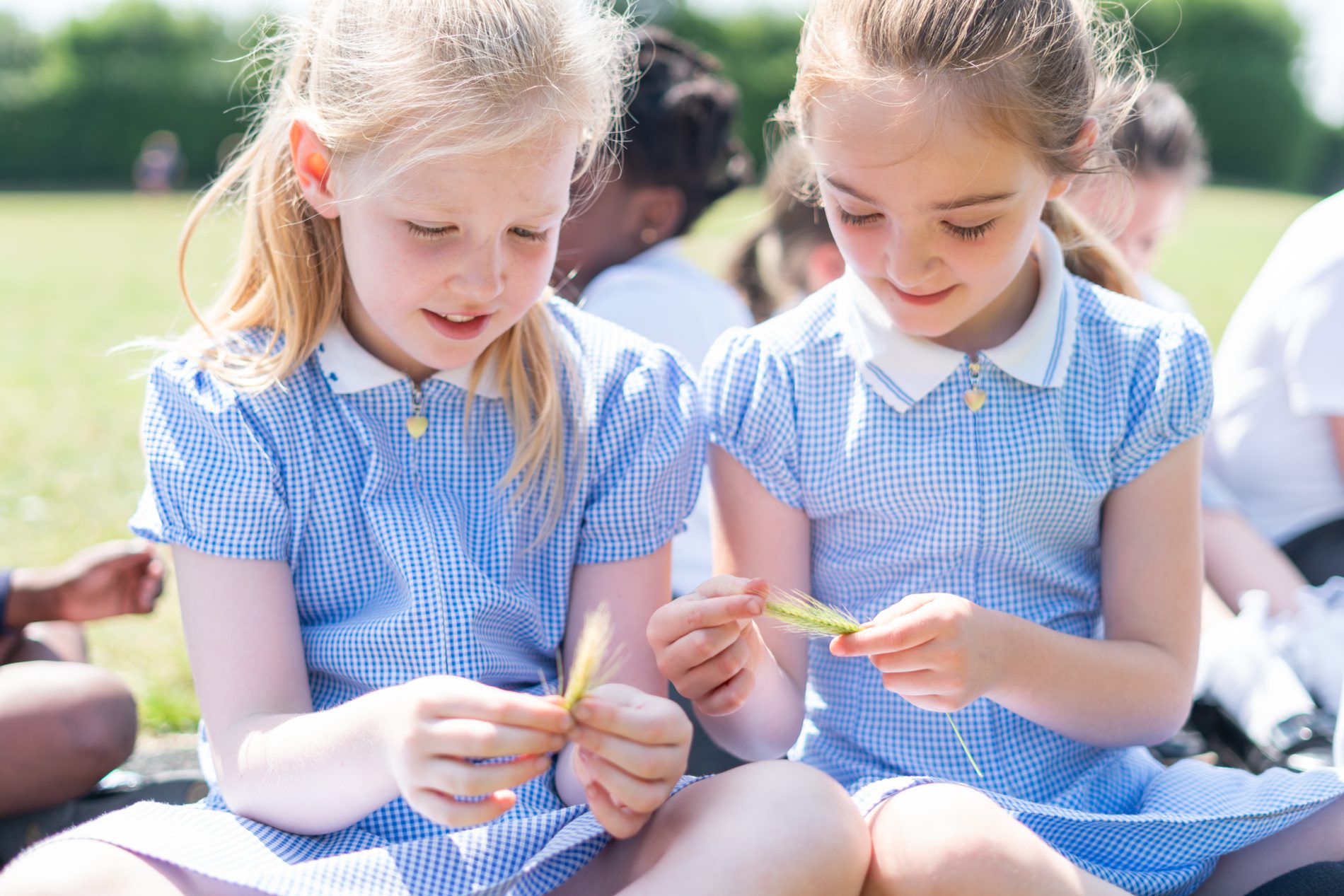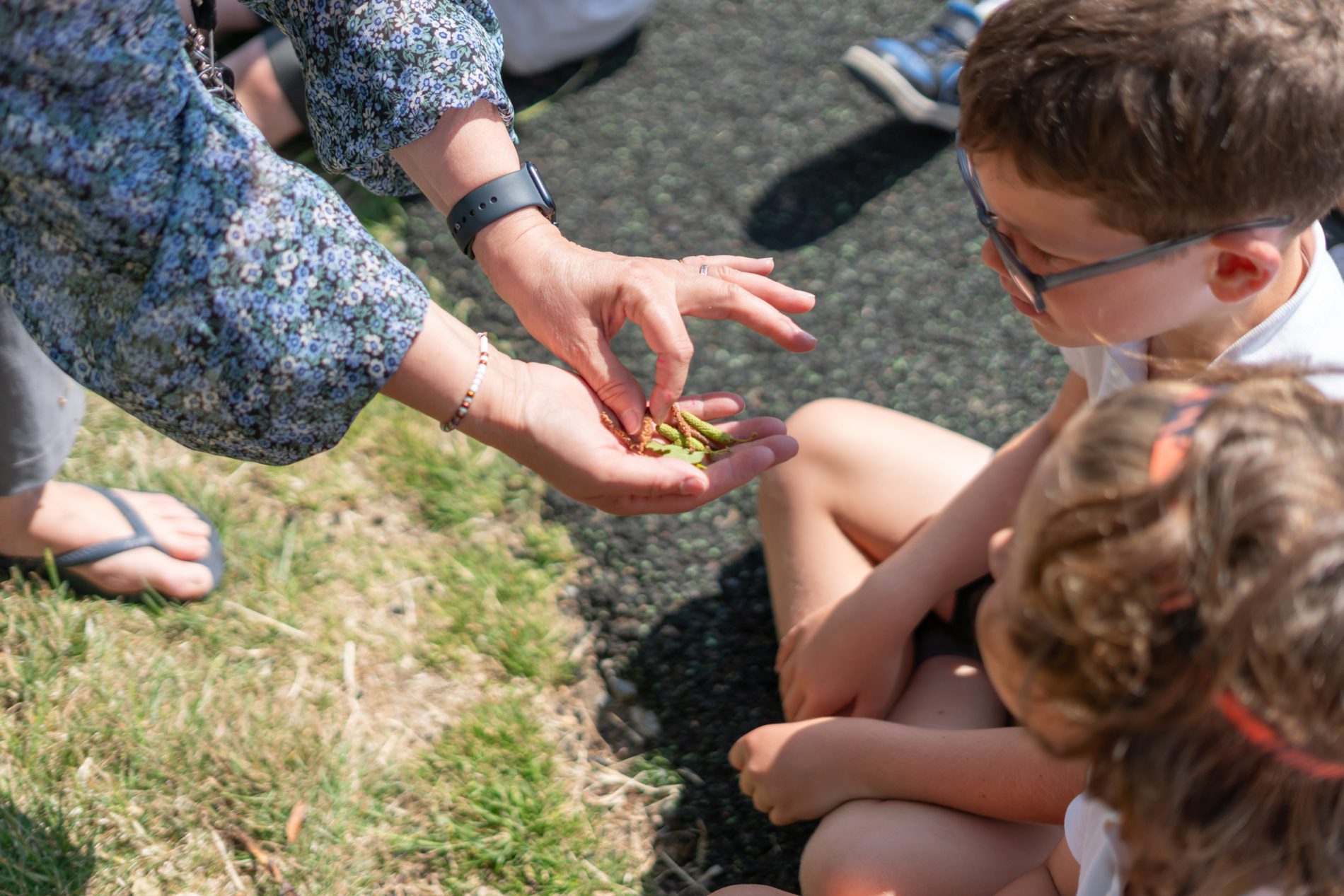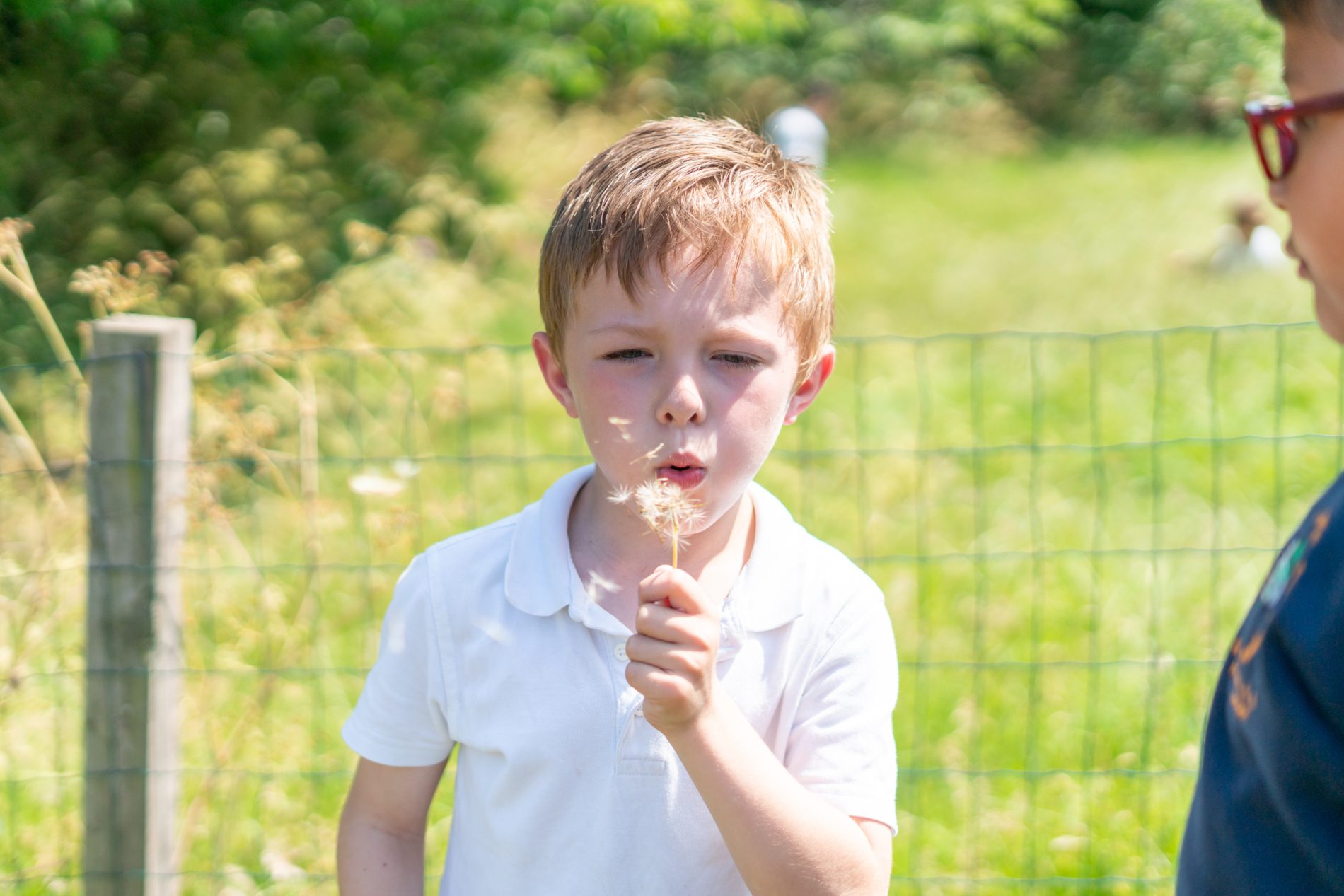Science Subject Leader: Mr W Silver
As a core subject, children are able to learn in a variety of different ways about how the world works. We encourage our pupils to be curious about how things work and give them the skills to develop key knowledge of the application of science.
Intent
At Sutton-at-Hone, our science curriculum is thoughtfully designed to foster a deep understanding of the world around us, delving into the specific disciplines of biology, chemistry, and physics. Our primary aim is to equip each child with the knowledge and skills to conduct scientific inquiries, enabling them to discuss and explain their observations effectively. We encourage our students to be curious, ask questions, formulate methods to seek answers, and critically analyse their findings.


Implementation
Our science curriculum is organized to ensure a seamless progression of scientific knowledge throughout a child’s journey at our school. It unfolds in two stages: first, to address preconceptions and provide foundational knowledge, and then, to encourage more in-depth and sophisticated investigations. Throughout their years here, our students explore various styles of scientific inquiry, including fair tests, observations over time, pattern finding, comparative tests, and identifying, grouping, and classifying. We place a strong emphasis on hands-on practical science, allowing our young scientists to witness and understand scientific concepts firsthand. This experiential approach is a powerful tool for reshaping their preconceptions and fostering a deep love for science.
Impact
The impact of our science program is evident in our students’ genuine passion for science. They eagerly discuss their learning experiences and enthusiastically share their favorite science lessons. As a result, they evolve into collaborative learners who support one another and appreciate the value of discussion. Furthermore, our students recognise that science is not only something they study but a subject they can actively engage in. They are inspired to explore a wide array of potential careers in science, including civil engineering, mechanical engineering, structural engineering, astrophysics, meteorology, geology, paleontology, medicine, and dentistry, among others.
At Sutton-at-Hone Primary School, we are committed to nurturing young minds, fostering a love for science, and preparing our students for a bright future filled with possibilities in the world of science.

Science in Each Stage
Across all year groups scientific knowledge and skills should be learned by working scientifically. (This is documented in the Essentials for progress section.)
Throughout KS1 pupils will learn about:
- Materials.
- The Earth
- Light and Sound.
- Electricity
- Movement, Forces and Magnets
- Plants
- Living Things.
- Evolution and inheritance
- Animals and Humans
Throughout Key Stage Two, pupils will build on their pre-existing knowledge of topics from Key Stage One.
These areas of knowledge are as follows:
- Materials
- The Earth
- Light and Sound
- Electricity
- Movement, Forces and Magnets
- Living Things
- Evolution and Inheritance
- Animals and Humans
Science Progression
SEND Information
Our SEND and disadvantaged pupils are given the necessary support in class to fully access the supported Science curriculum. Learning is adapted where necessary to support SEND/EAL pupils to give equal opportunities for all to be confident in approaching any problems faced. Interventions, support and challenges are constantly revised and adapted to ensure all children are supported in achieving learning. The above areas are robustly and continuously monitored to ensure any gaps in learning are addressed.
Science Extra Resources
Children love to ask questions about the world around them and they can frequently open a line of inquiry that only David Attenborough himself could satisfy. However, these moments can be great learning opportunities, especially as in internet provided a wealth of information at your fingertips. Simply say to your child, ‘Let’s find out together.’ Then watch a youtube video of look at a website to find the answer. Other great ways to nature interest in science are: visit the science museum, which has some excellent displays; go on a nature walk to look for mini-beasts or pull go ‘pond-dipping’ in a local pond, lake or stream.

